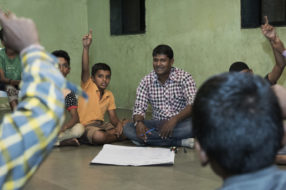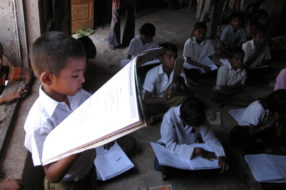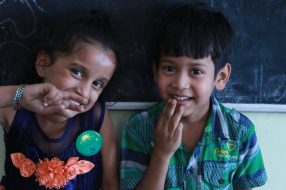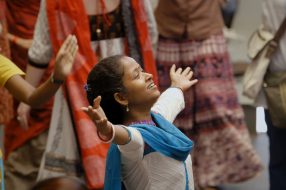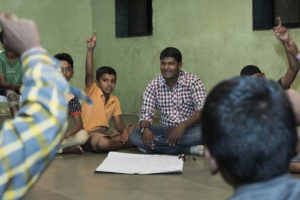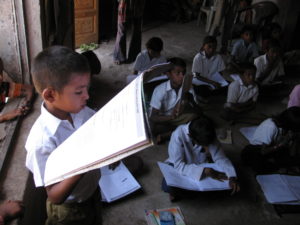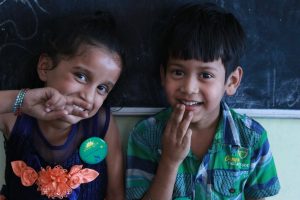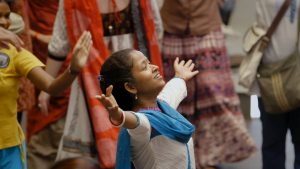
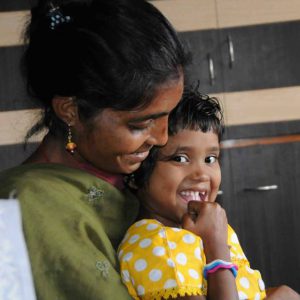
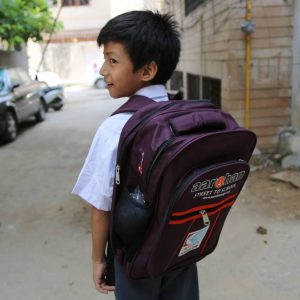
At the Foundation for Rebuilding Childhood (FRC) we believe that with the right support, the young people of India have the power to change the world. We invest in courageous, nascent organizations with bold ideas to meet children’s needs and engage them as leaders of the future.
Investing in India’s Youth for a Better Tomorrow
With more than 600 million residents under the age of 25, India is home to the world’s largest youth population. The potential of their collective energy to catalyze change is an opportunity we can’t ignore. But the daily challenges they face are steep. Children with multiple risk factors—belonging to an ethnic minority, living in a slum or rural area, having a disability—are the least likely to have access to the care, education, and training they need to become productive adults. Girls are especially at risk: nearly half of all girls marry before age 18, and gender-based violence is unfortunately common.
What We Do
With over 20 years of experience in grassroots grantmaking, we know that innovative leaders across India are tackling these problems at their roots. We scout for nascent organizations with bold ideas to meet children’s needs and engage them as leaders of the future. We make sure these organizations have the funding, coaching, and connections that give their ideas a chance to succeed.
Our work in India advances the rights of children and youth across four key focus areas: Education, Gender Equity, Youth Empowerment, and Freedom from Violence and Exploitation. Our partners address specific community challenges such as child trafficking, gender-based violence, youth employability, quality girl’s education, and access to education for children who have never before attended school.
HOW it works
FRC’s sole fundraising focus is to raise funds in India for use in India. Our 80G and 12A tax exempt status allows us to ensure that 50% of the donation amount (from gross total income) can be claimed back by donors. The work of FRC is overseen by a dedicated, influential and highly skilled volunteer Board. We are poised to build our domestic fundraising and programmatic capacity in India. Long-term, our objective is to support more India-based partners and co-design programs to engage children and youth to be the voice of change in their country.
